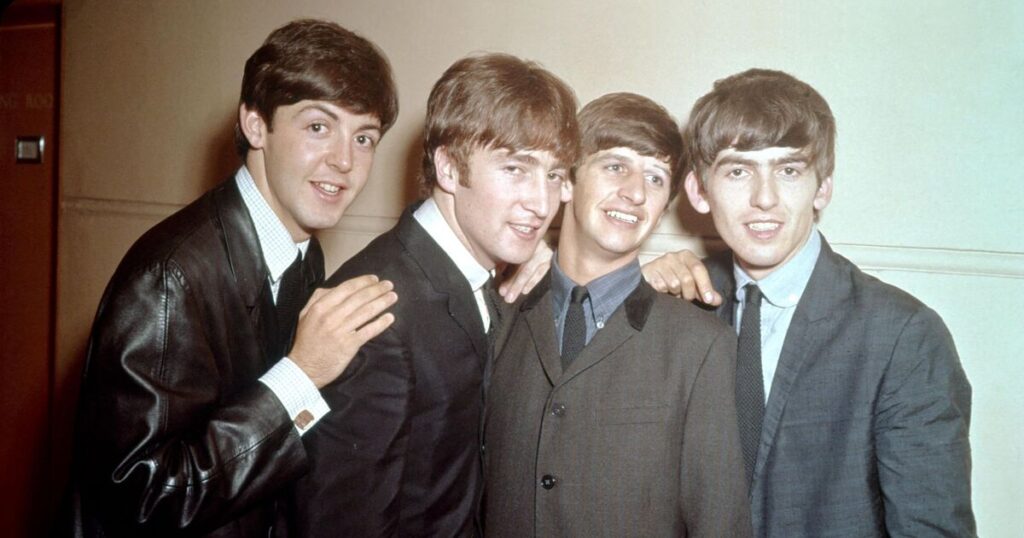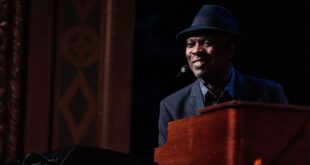
It’s one of the strangest songs The Beatles ever released, and over half a century later, ‘I Am the Walrus’ is still confusing people.
A kaleidoscope of sirens, surrealism and nonsense poetry, the 1967 track has become one of John Lennon’s most complex creations.
But according to Beatles expert Scott Freiman, there’s more going on in I Am the Walrus than just gibberish: “It’s one of the most musically and lyrically complex songs they ever recorded” Freiman explained, speaking to The Guardian as part of a fan Q&A about his work Author of All the Songs: The Story Behind Every Beatles Release, for which he spent years unpicking the group’s most cryptic lyrics.
And with Walrus, it all starts with something surprisingly ordinary – the sound of a police car: “If you listen to the opening of the song, you will hear John’s attempt to imitate the sound of the British police cars.”
One of the first lines Lennon came up with was “Mister City Policeman sitting”. According to Freiman, that line wasn’t just thrown in, but actually helped shape the rhythm of the whole song: “The rhythm of that line helped to inspire the cadence of the song.”
Freiman explained that “the other lyrics come from a variety of sources, including Lewis Carroll’s The Walrus and the Carpenter”.
“John was astonished to find out later that the walrus in Carroll’s poem was actually the bad guy!” he said, referencing the original 1871 poem part of Through the Looking-Glass, which features a walrus and a carpenter who lure a group of oysters to their doom.
“As John said, ‘I Am the Carpenter’ just doesn’t have the same ring to it!” Freiman added.
Lennon was well aware that fans and critics were reading too much into Beatles lyrics – and by the time Walrus was released as the B-side to ‘Hello, Goodbye’, he tried to push back. In interviews, he often claimed the lyrics meant nothing, and were designed to confuse its audience.
The 1967 song was featured in the Beatles’ television film that same year, as a track on the associated double EP Magical Mystery Tour and its American counterpart LP.
 Latest World Breaking News Online News Portal
Latest World Breaking News Online News Portal






